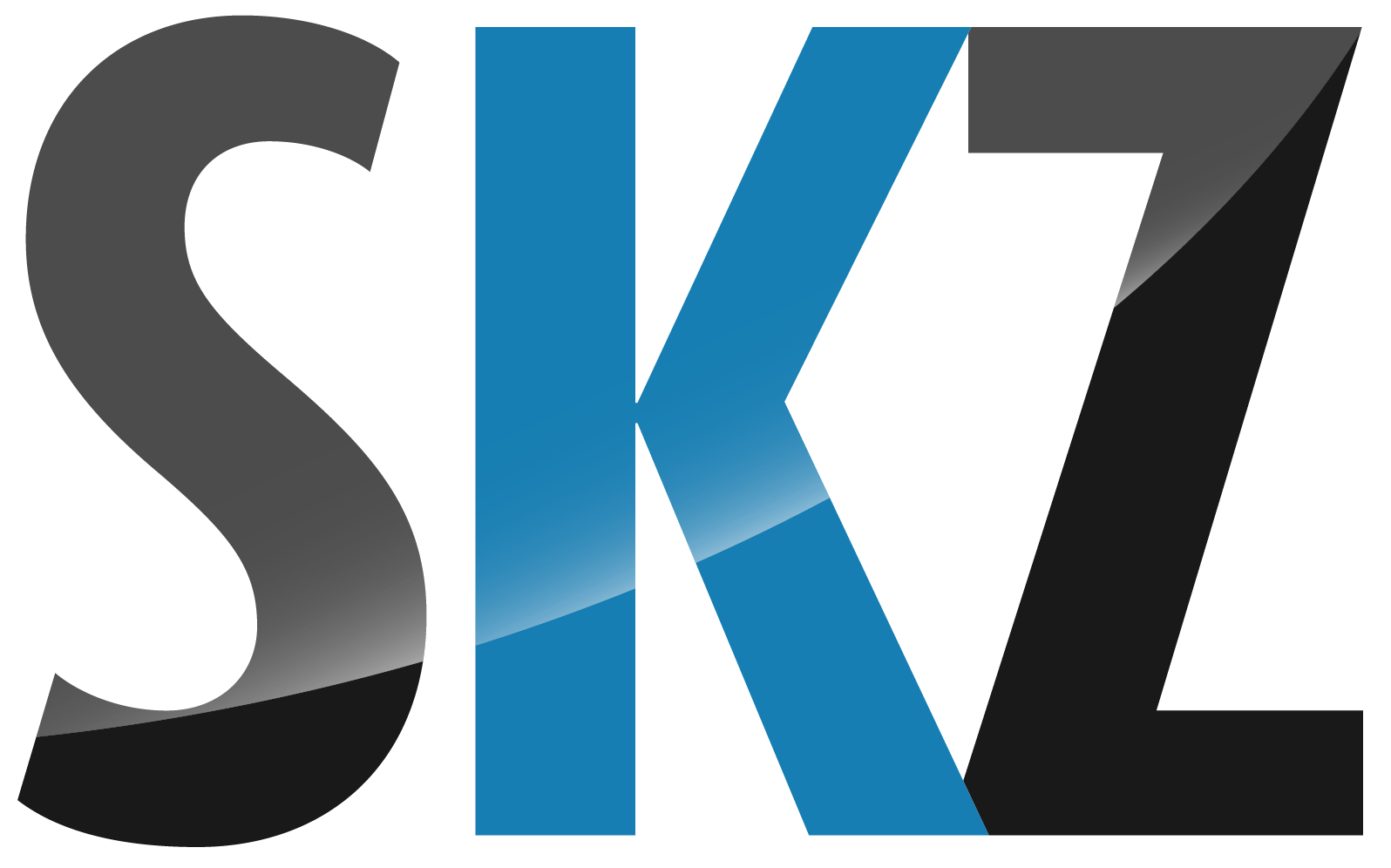No need to fear the digital product passport: SKZ prepares companies for the future
SKZ offers a comprehensive range of services to prepare companies in the plastics industry specifically for the requirements of the Digital Product Passport (DPP): a structured approach to data analysis, the development of a data model, and subsequent IT integration. This paves the way for the automated provision of product data—efficiently, securely, and with a view to the future.

The digital product passport creates the basis for data exchange from production to end-of-life. (Source: SKZ)
With practical support, SKZ helps companies in the plastics industry analyze and optimize their data structures and make them fit for the Digital Product Passport.
Three-step approach for companies
The SKZ plastics center supports companies in the plastics industry with their digital transformation to pave the way for the Digital Product Passport (DPP). To this end, SKZ experts work directly with companies on site in the form of workshops and concrete implementation projects.
The three-stage support model consists of:
1. Data analysis & maturity assessment:
Companies receive a well-founded assessment of their current data inventory and digital infrastructure.
2. Development of a data model:
Together with the companies, a data model is developed that aggregates the internal company data and makes it available for the DPP.
3. IT integration & automation:
SKZ supports the technical implementation – from identifying suitable interfaces to integration into existing systems.
Digital product passports are becoming mandatory
The digital product passport will become mandatory for many plastic products in the future as part of the EU Green Deal and the Ecodesign Regulation (ESPR). It requires the structured, machine-readable provision of product data such as materials used, substances of concern, but also compatibility with spare parts and repair instructions throughout the entire life cycle.
Pressure to act: Requirements will increase from 2026
The first requirements will apply from 2026. With the extension to include electronics and household appliances as well as furniture, many plastics processors will be affected. By 2030 at the latest, it can be assumed that the majority of products made of or containing plastic components will require a DPP. In order to be prepared for this, it is necessary to take initial measures now.
Many companies are facing the challenge of having to provide their product data in a standardized and automated manner in the future. A lack of standards, heterogeneous IT landscapes, and unstructured data sets are making implementation difficult. SKZ is closing this gap with a practical approach that combines technical expertise with regulatory understanding.
“The digital product passport is no longer a topic for the future – it is becoming reality. Those who act now will not only ensure regulatory compliance, but also gain a competitive advantage,” explains Christoph Kugler, Group Leader for Digitalization at SKZ.


